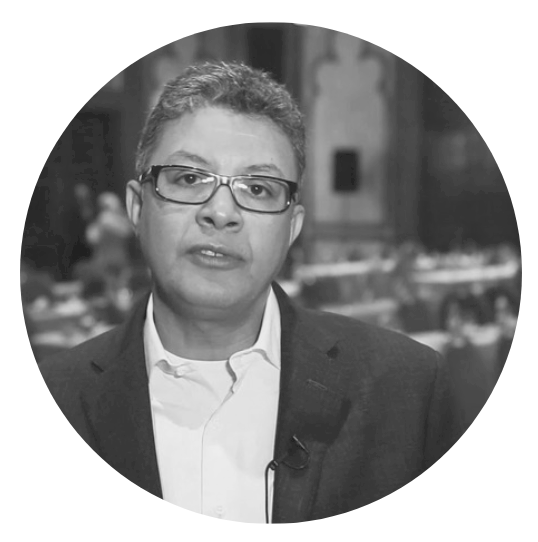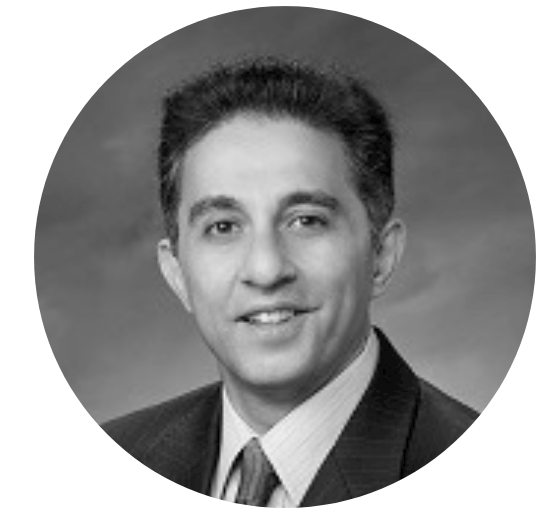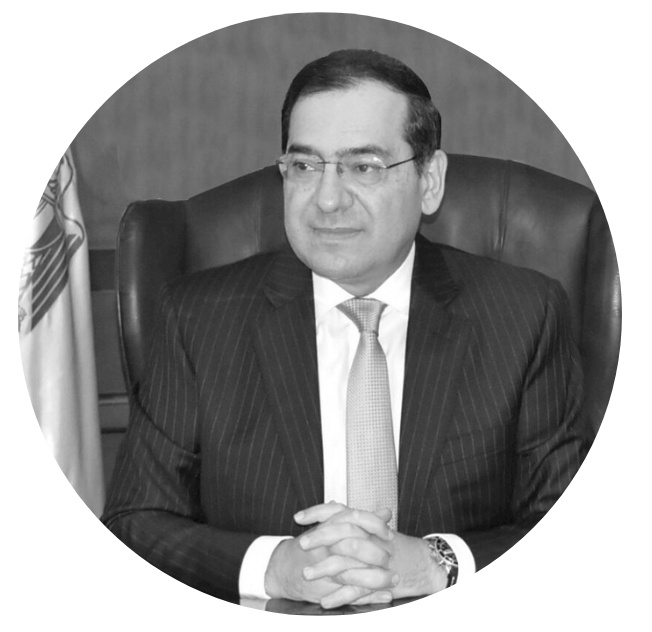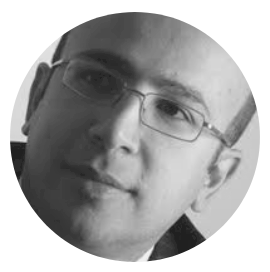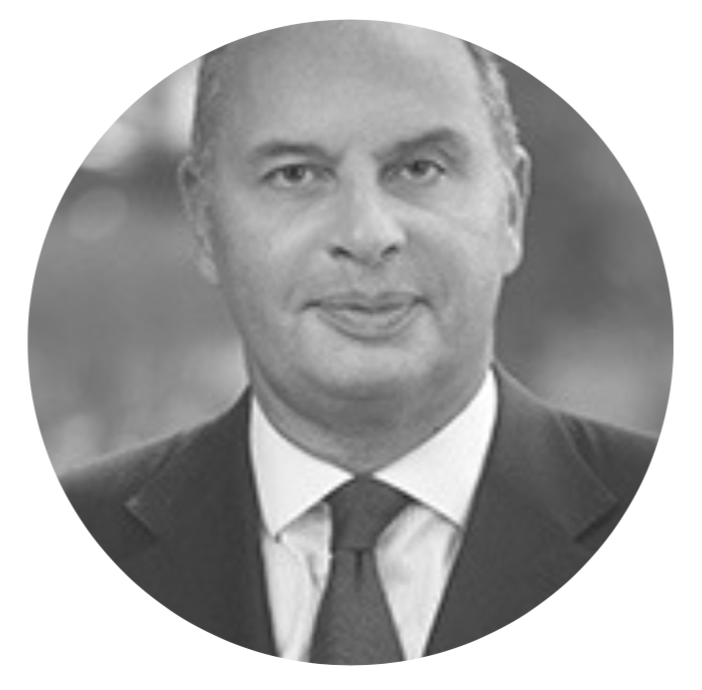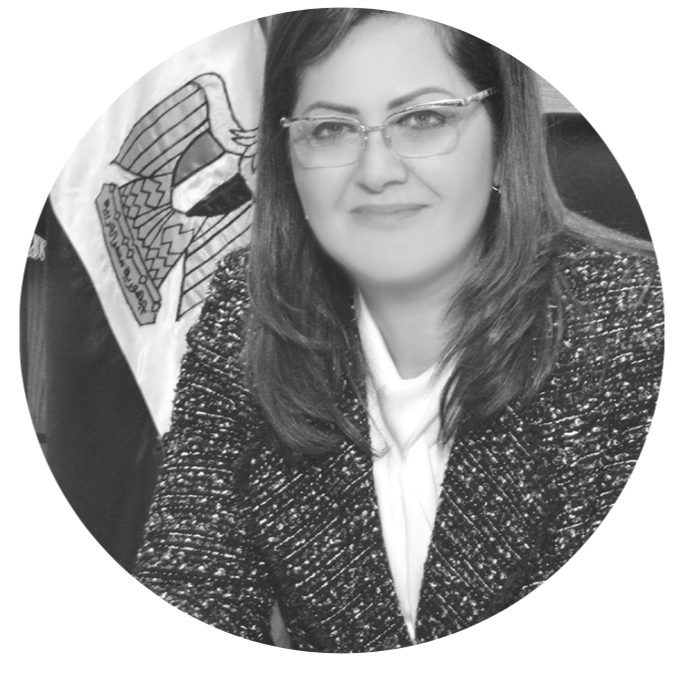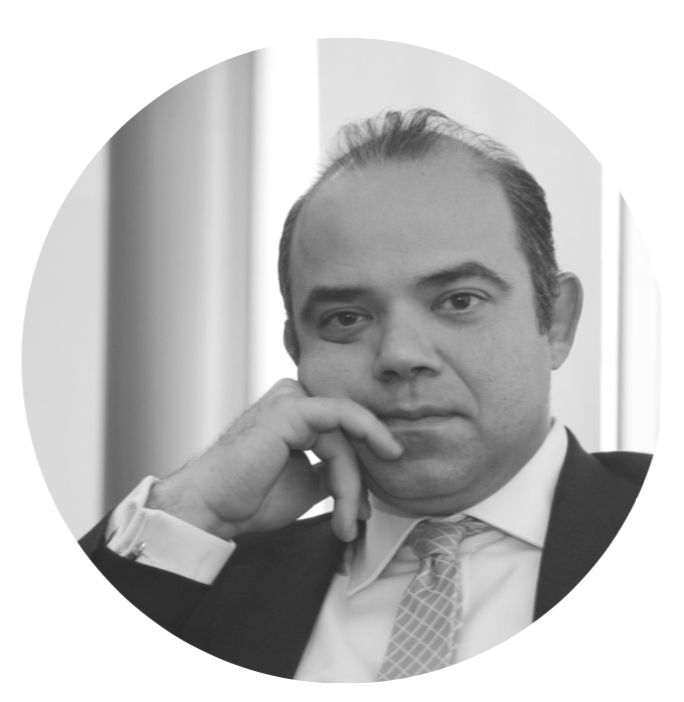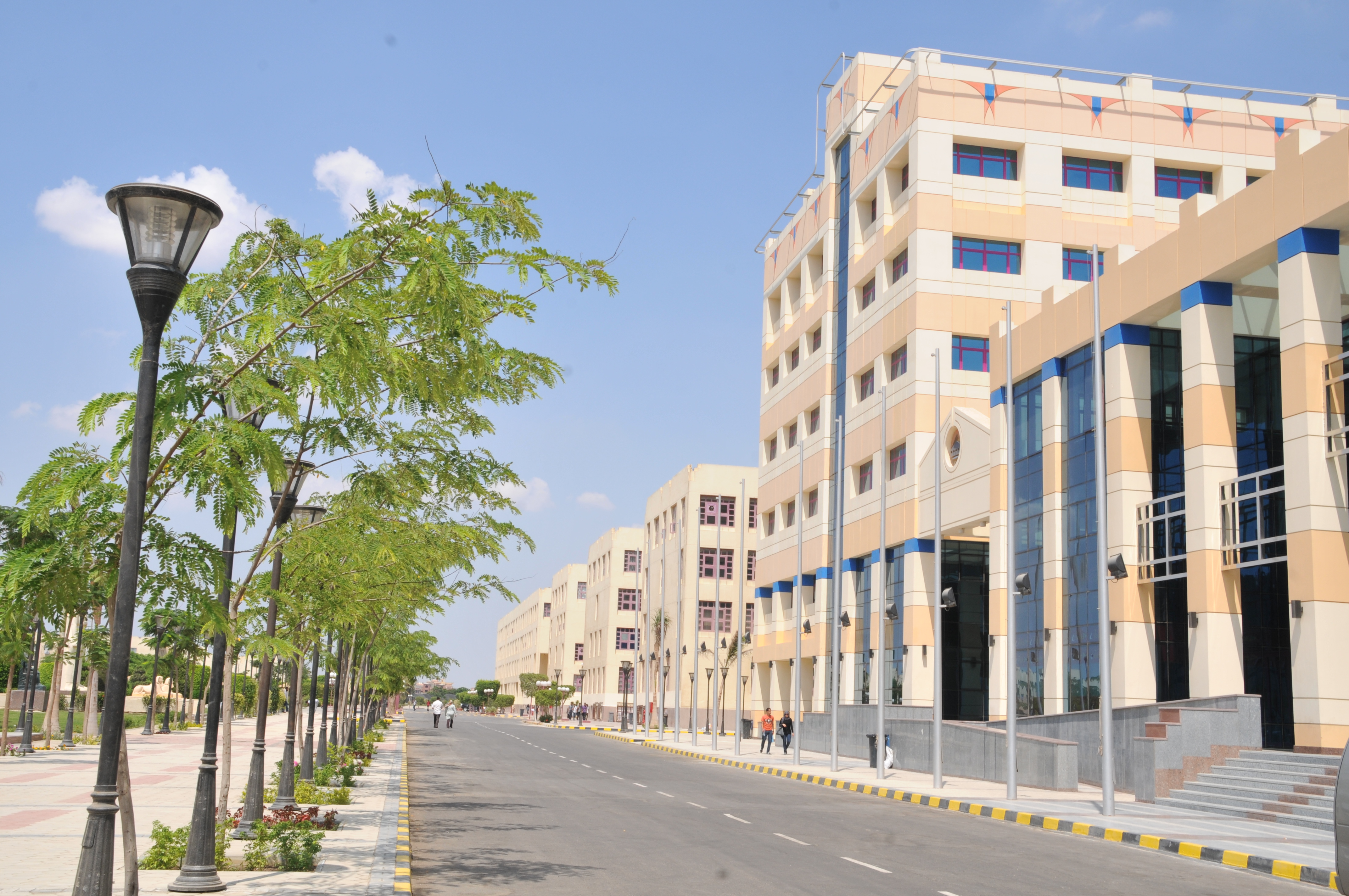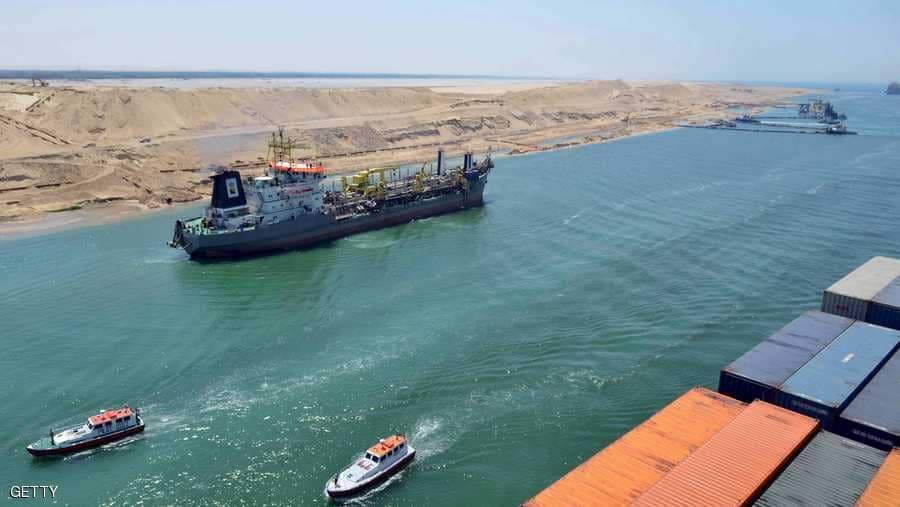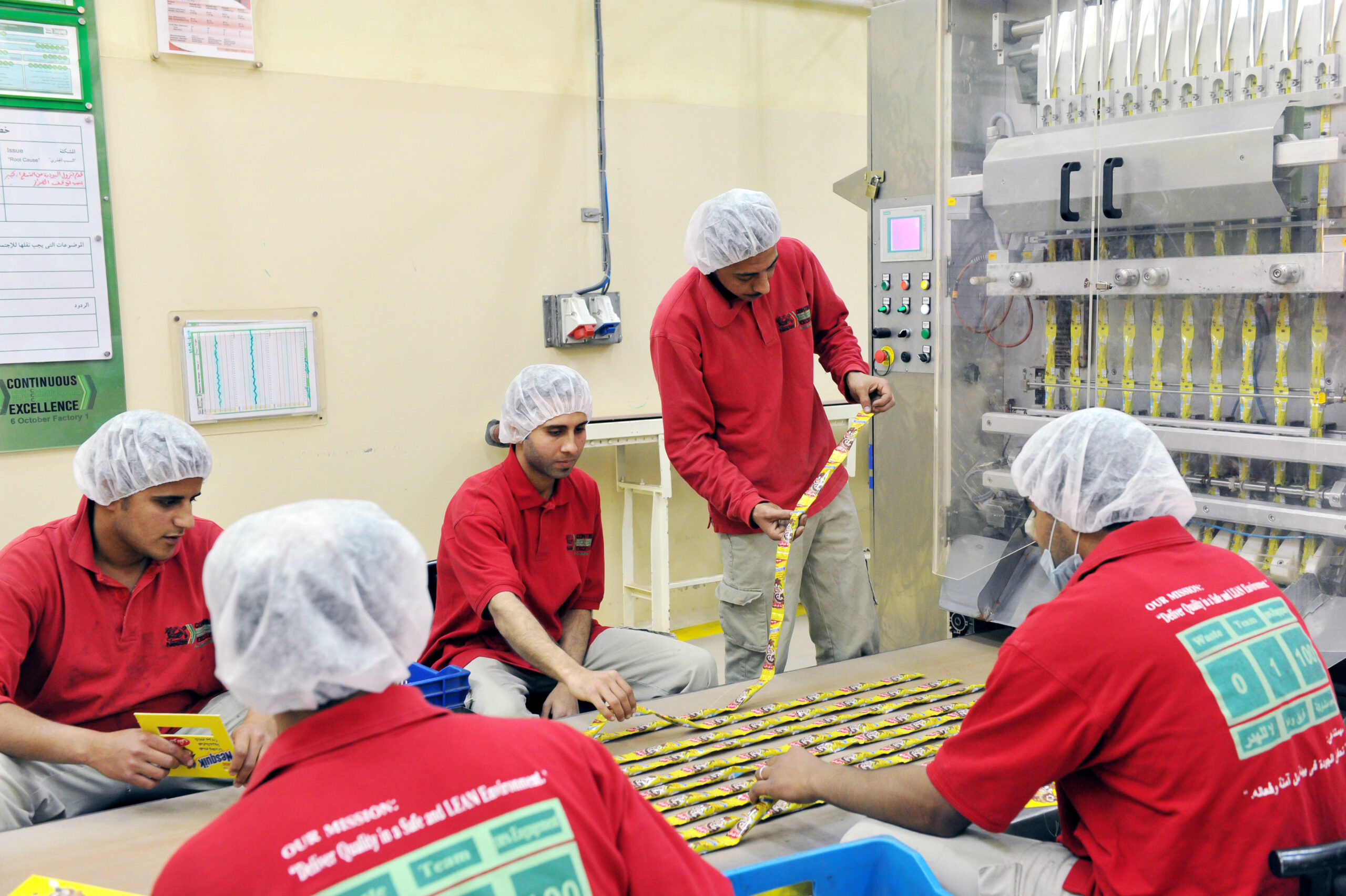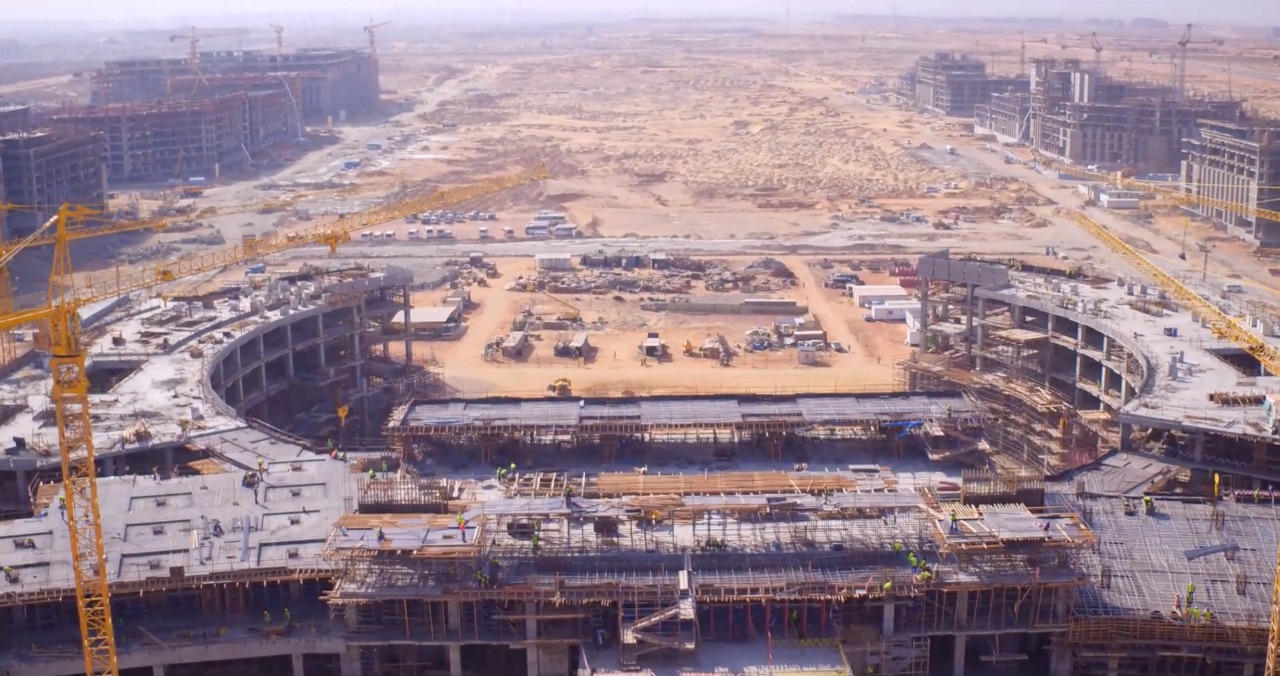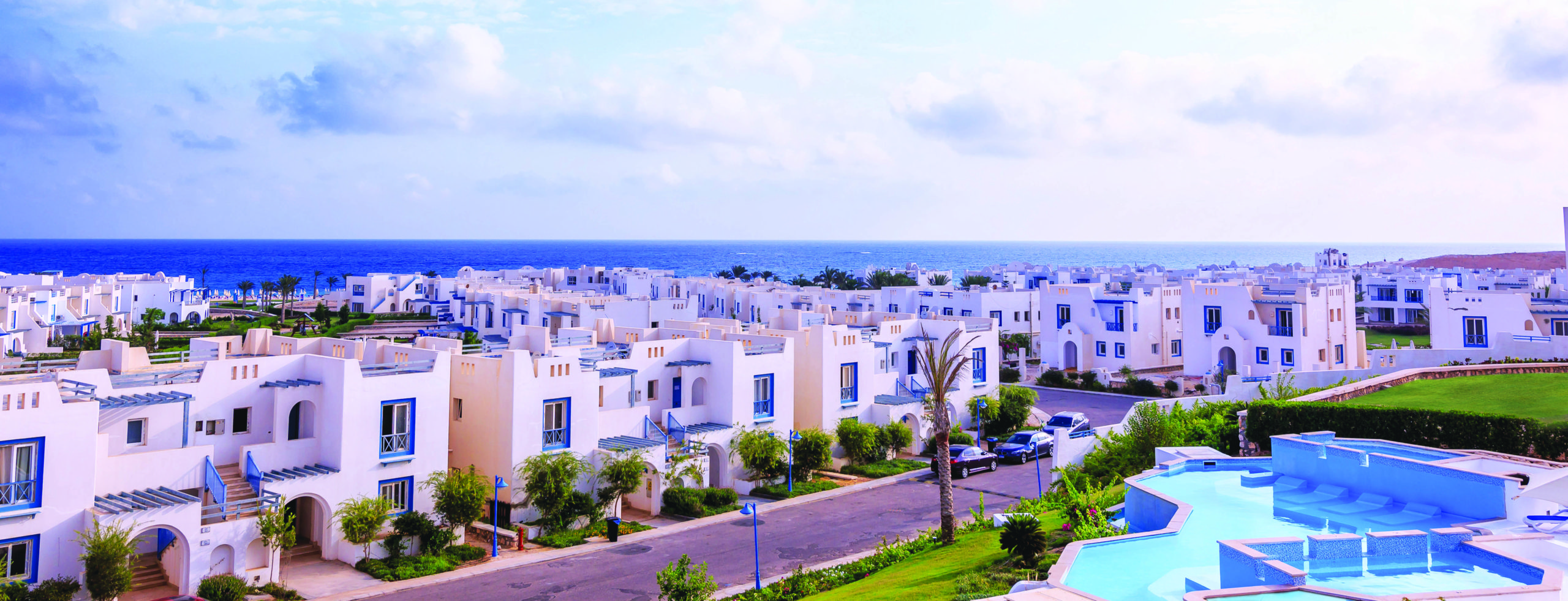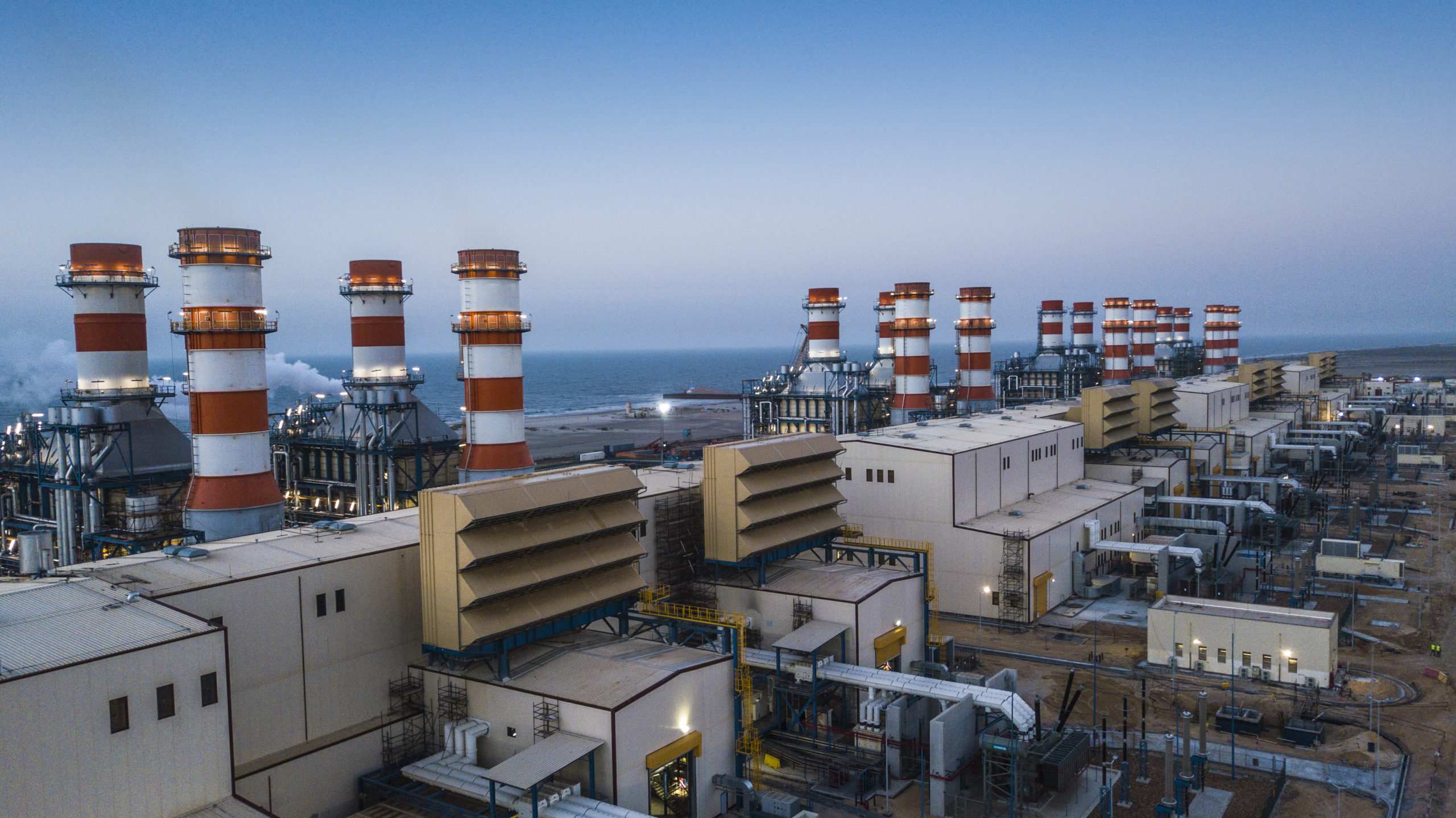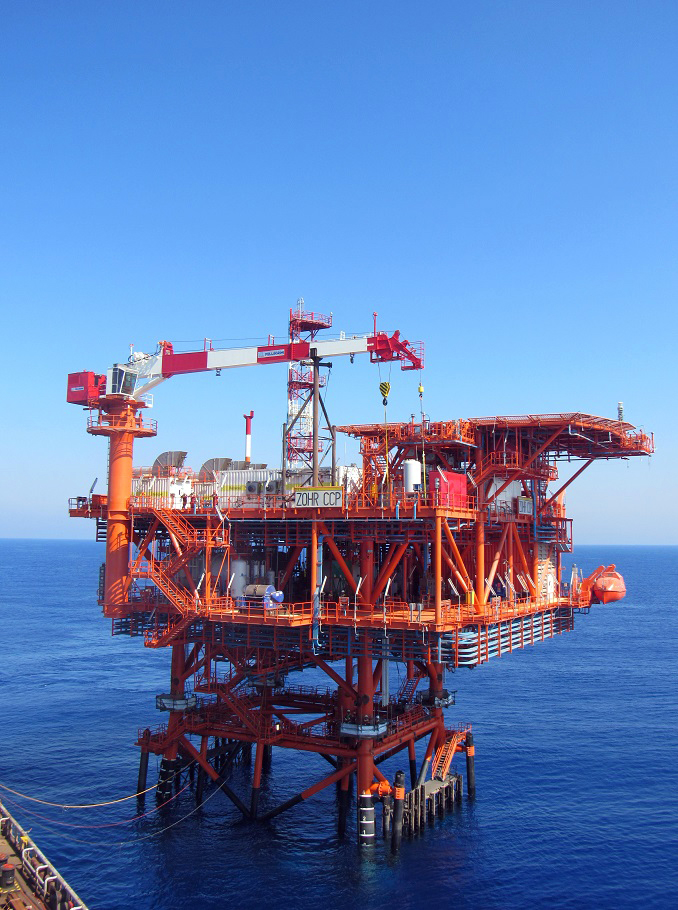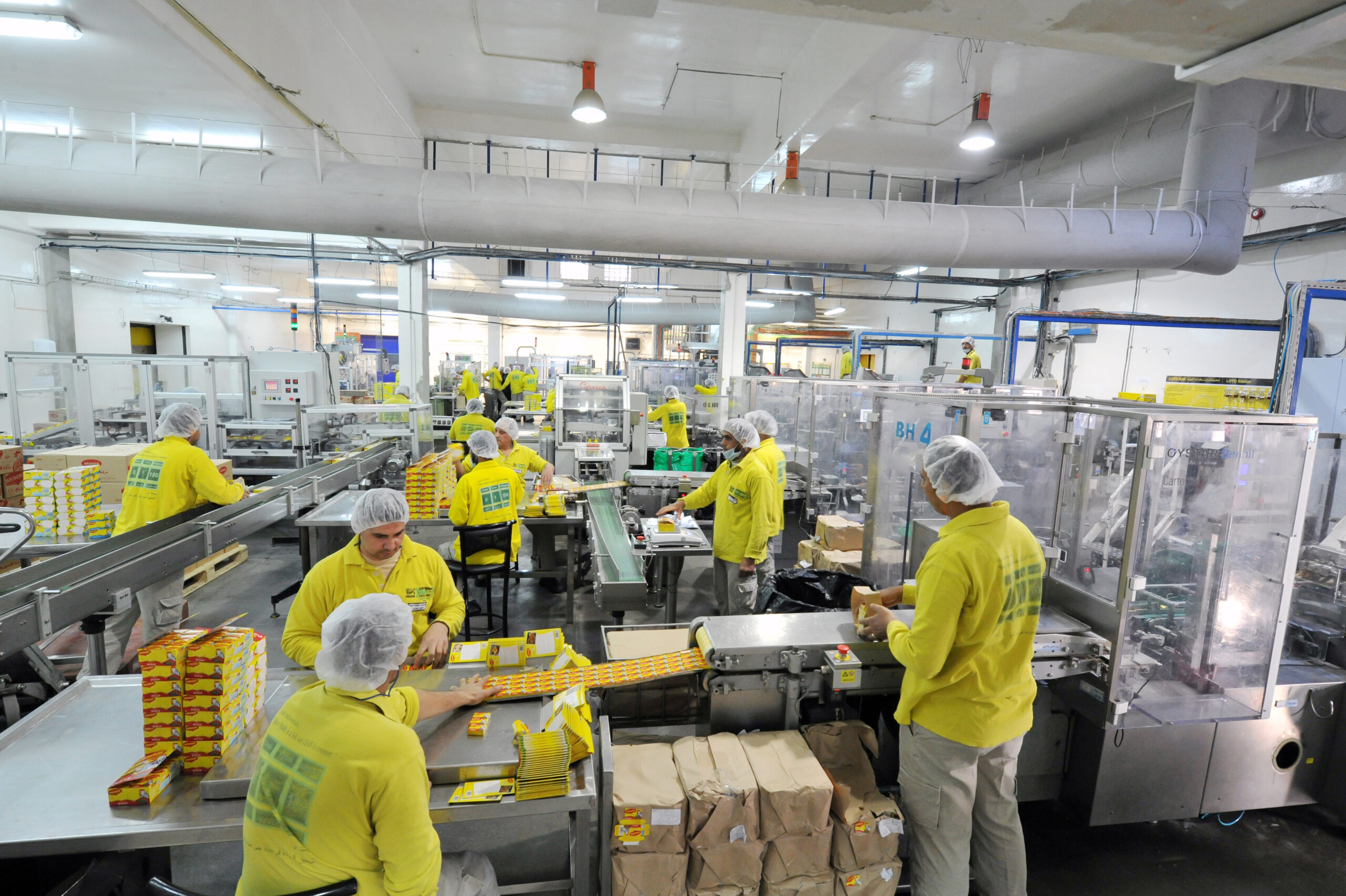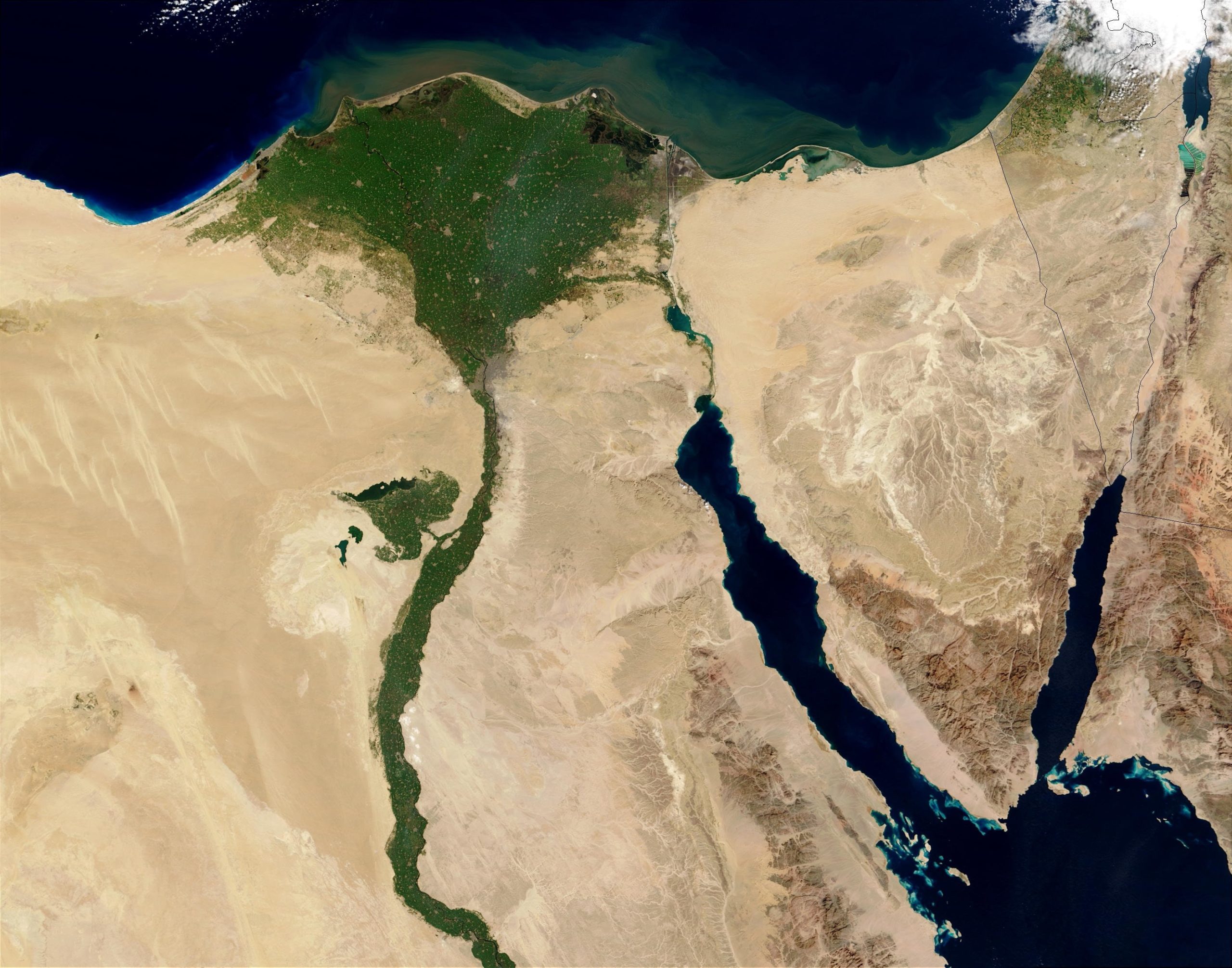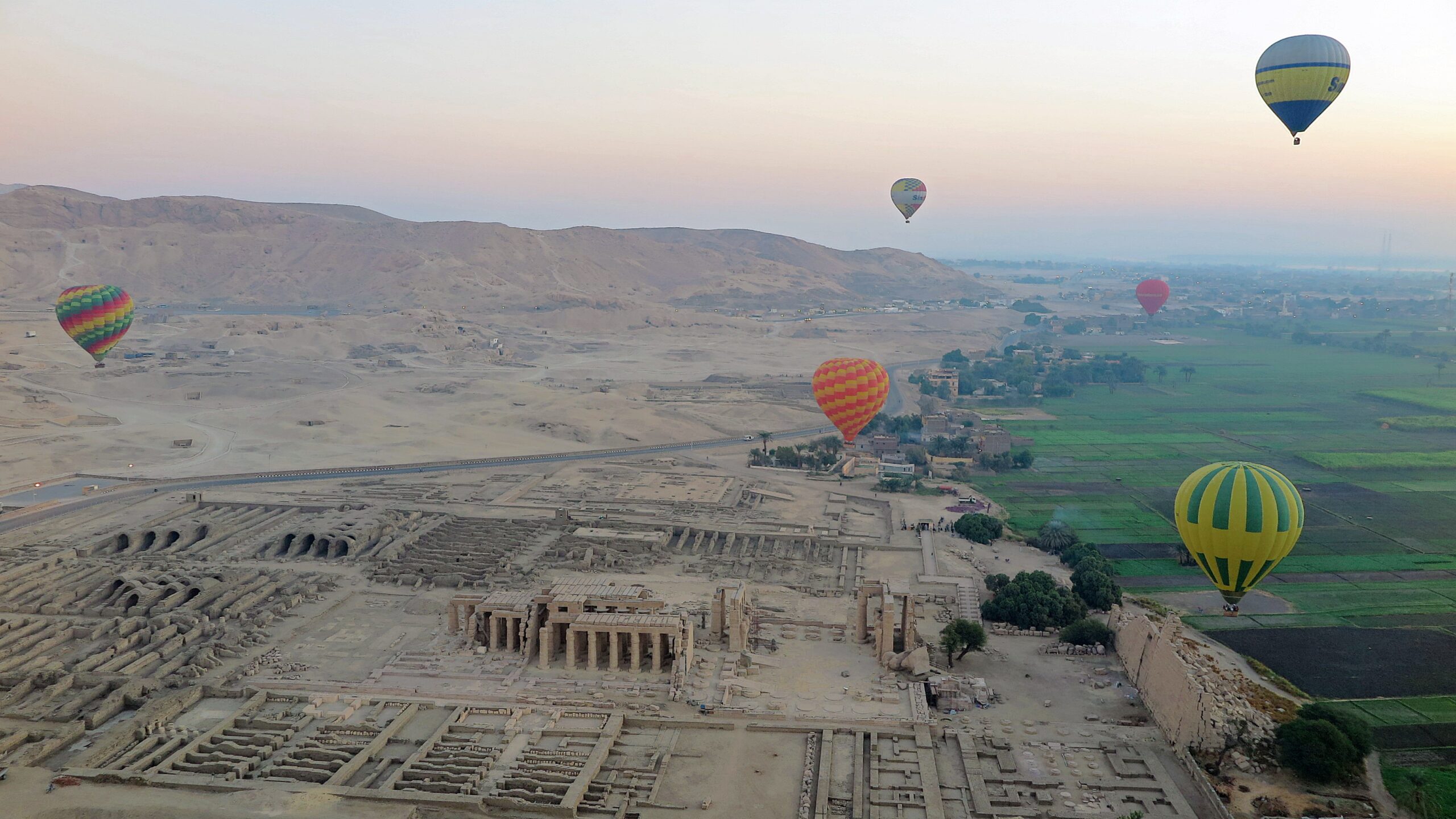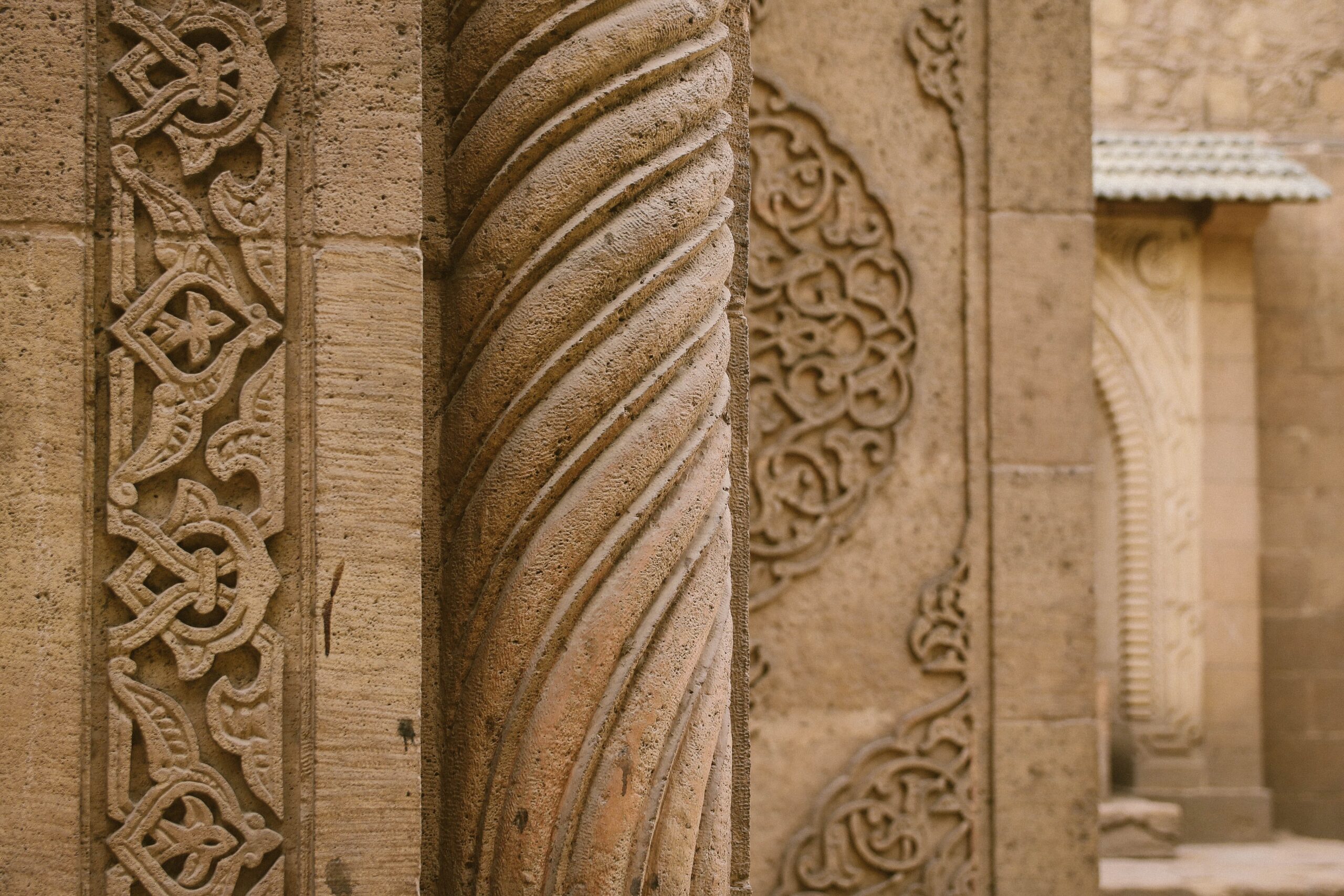Ideal Standard designs, manufactures and supplies bathroom innovations for residential, commercial and institutional buildings. They operate through 47 factories around the globe, 6 of which are in Egypt’s 10th of Ramadan City. Ideal standard has had a MENA region presence since the 1960s and is celebrating its 35th anniversary in the Egyptian market.
How do you assess Egypt’s industrial competitiveness?

Egypt’s industrial sector is the foundation of economic development. President Sisi has prioritized its evolution and facilitated many areas to boost its role. This shows the sectors importance and the governments dedication to its success. New infrastructure roads, cheaper energy, and consistent electricity are some positive areas which have been improved substantially in the past couple of years. Also, the new law protecting investors has boosted confidence.
Overall, even with subsidy cuts, there are many attractive features to operating within Egypt’s industrial and manufacturing sector. Egypt offers some of the most competitive labor costs globally. Ideal Standard has compared its global operating expenses at our foreign factories and found Egypt is the most cost effective while maintaining the same standards.
How is Ideal Standard developing its Egyptian operations?
Ideal standard is one of the biggest companies in sanitary ware for the region. We have over 3 000 employees and will soon add 1 000 more. We are also expanding two plants which will increase labor by at least 300 employees. We remain a market leader for sanitary ware in Egypt and am looking to continue this trend moving forward.
Ideal Standard Egypt manufactures for the Middle East and North African region through its six factories.
Our first plant produces ceramics, our second fittings, the third and fourth acrylic tubs, the fifth shower enclosures and the sixth acrylic sheets. Acrylic sheets were previously imported form the UK, but due to favorable market conditions can now be produced locally. In addition to these factories mentioned above, we are launching construction of a new factory in 2019. This shows our trust in Egypt’s industrial sector and our commitment to increasing its export oriented potential.
Our Egyptian operations have grown from sales in 2009 that reached EGP 580 million, to sales surpassing EGP 2.4 billion today. We are focused on both export and domestic sales. 60% of our production is exported globally with Europe, in particular, being a key export market for our products. The remaining 40% is sold nationally, and the market is increasing thanks to new megacities sprouting throughout Egypt. Our operations are growing 25% per year.
How is Ideal Standard working to boost the UN Sustainable Development Goal on management of water and sanitation?
Egypt can run out of water, and water-saving methods are a national objective. Innovation and technology are vital to conserving our previous water resources, especially with Egypt’s growing population. At Ideal Standard, we are improving the efficiency of our products, and bringing eco-friendly technologies to increase national water efficiency. Our products incorporate designs that save up to 70% of the water used while not sacrificing performance.

